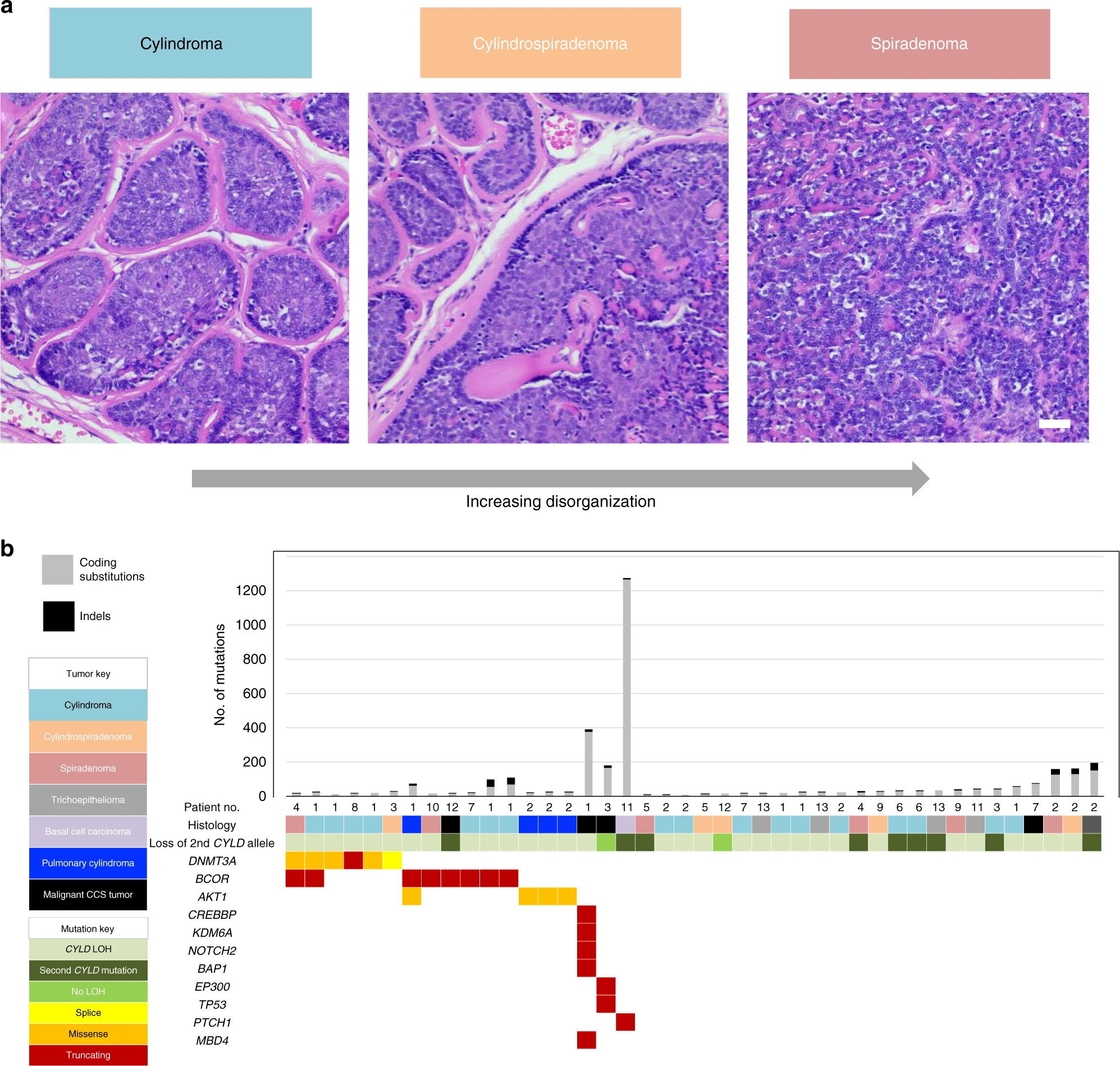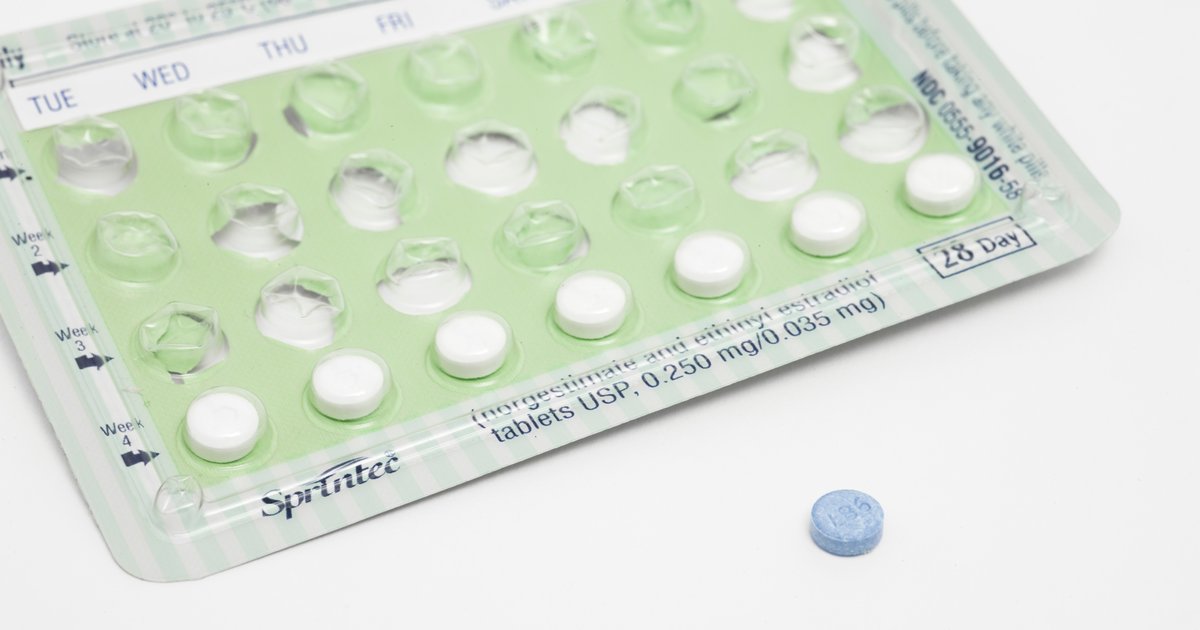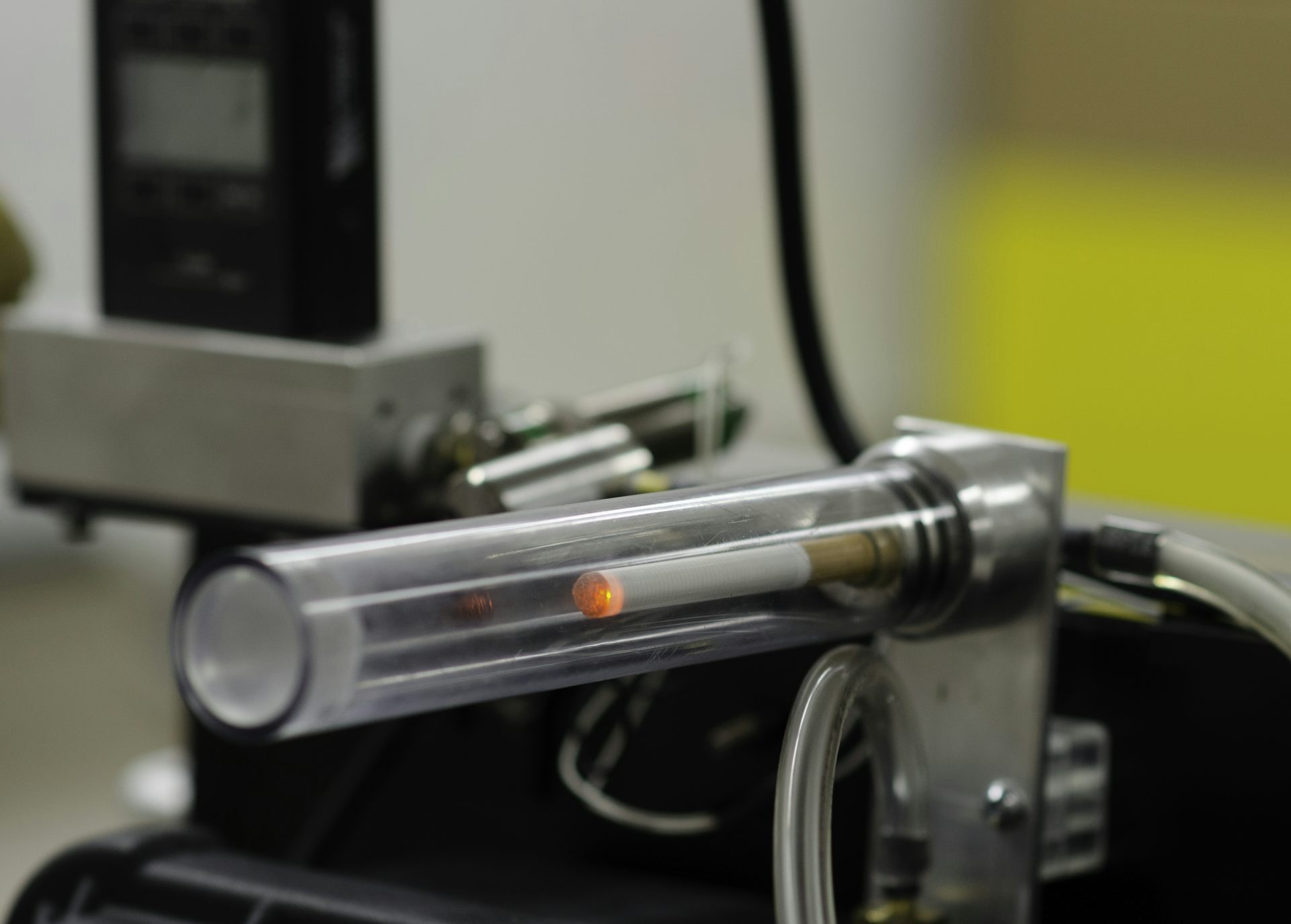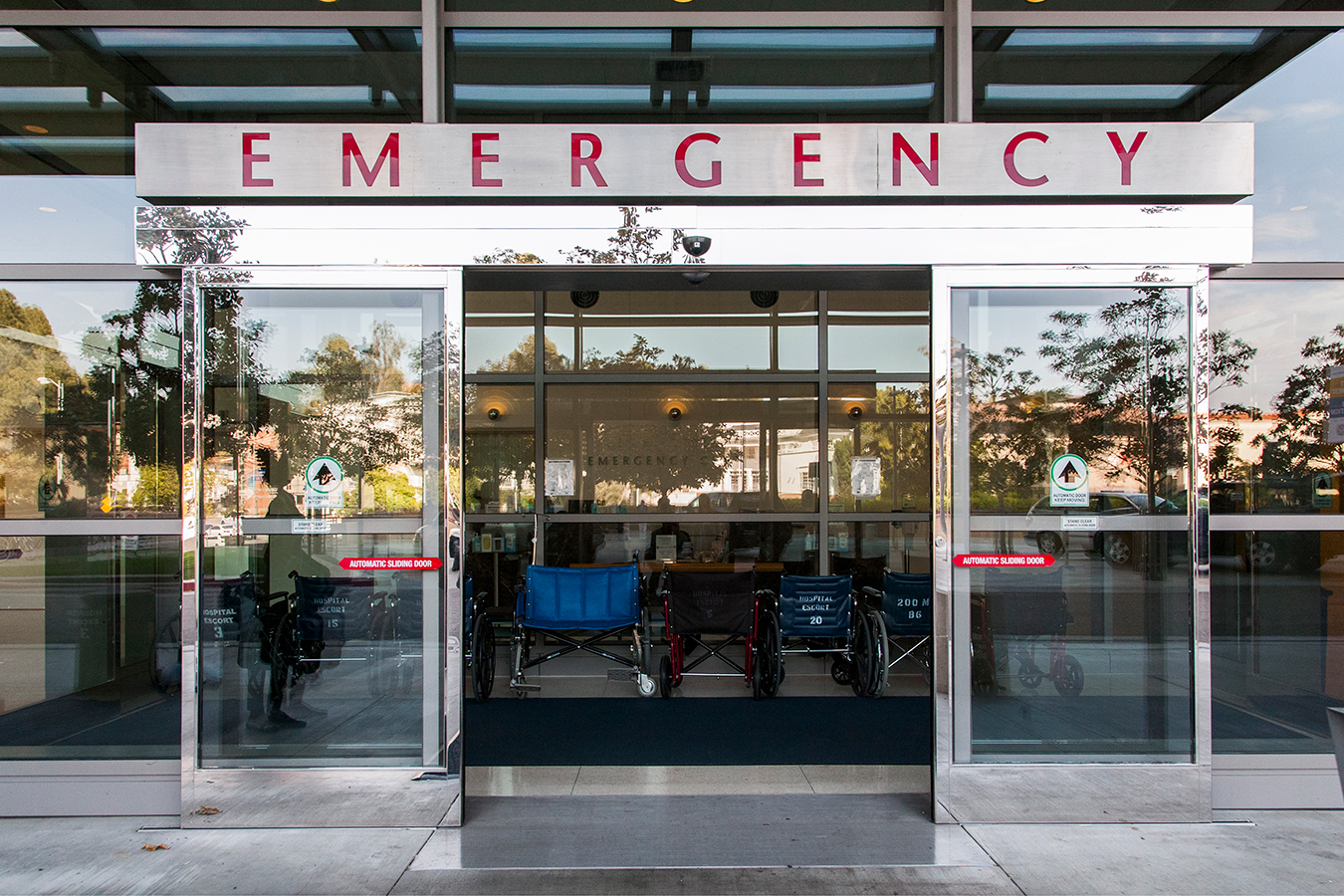A breakthrough has been made in understanding a rare genetic skin disease that causes progressively enlarging skin tumours over the scalp, face and body. For the first time, scientists at Newcastle University, UK, have identified changes in the DNA of the tumour cells in those with CYLD cutaneous syndrome (CCS) that may help them grow....
Health
Self-Reported Suicide Attempts Rising in Black Teens as Other Groups Decline
Adding to what is known about the growing crisis of suicide among American teens, a team led by researchers at the McSilver Institute for Poverty Policy and Research at New York University have uncovered several troubling trends during the period of 1991-2017, among Black high school students in particular. The findings are published in the...
Tobacco Giants Still Marketing Cigarettes Despite Plain Packaging Legislation
Fresh evidence has revealed that major tobacco companies in the UK have made attempts to continue to market their products despite the introduction of plain packaging for cigarettes nearly three years ago. The plain packaging policy was designed to rid tobacco companies of their last remaining method for tobacco advertising. No branded packets could be...
Secret-Shopper-Style Study Shows Online Birth Control Prescription Overall Safe, Efficient
Web-based and digital-app services that offer oral contraception appear to be overall safe and efficient, according to the findings of a secret-shopper-style study conducted by researchers at Harvard Medical School and UC Davis that analyzed the birth control prescription services of nine U.S. vendors. The results, published in The New England Journal of Medicine, offer...
Web Tool Prioritizes Health Risks for Postmenopausal Women
A web-based calculator that helps middle-aged women predict their risks of conditions that become more likely with age has been developed by public health, medical and computer science experts from throughout the U.S. and Saudi Arabia. Led by physician John Robbins of UC Davis Health, the team’s risk-prediction calculator is unique in that it accounts...
The Womb Isn’t Sterile – Healthy Babies Are Born with Bacteria and Fungi in Their Guts
For the last hundred years, scientists have believed that humans develop in a womb that remains sterile and completely isolated from the collection of bacteria, fungi and viruses that make us sick when we emerge into the outside world. This theory was largely based on the fact that it was very difficult to grow live...
How a Person Vapes, Not Just What a Person Vapes, Could Also Play a Big Role in Vaping Harm
In the wake of six deaths and 380 cases of confirmed and probable lung disease across the U.S., the Trump administration has called for banning most flavored e-cigarettes because of their huge appeal to young people. The Centers for Disease Control and Prevention is looking closely at the different flavored nicotine juices and other substances...
Study Show That Drinking Tea Improves Brain Health
A recent study led by researchers from the National University of Singapore (NUS) revealed that regular tea drinkers have better organized brain regions – and this is associated with healthy cognitive function – compared to non-tea drinkers. The research team made this discovery after examining neuroimaging data of 36 older adults. “Our results offer the...
Repeated Periods of Poverty Accelerate the Aging Process
Genetics, lifestyle and environment are all factors that somehow influence when and how we all age. But the financial situation is also important. Now, researchers from the Center for Healthy Aging and the Department of Public Health have found that four or more years with an income below the relative poverty threshold during adult life...
Analysis: How Your Beloved Hospital Helps To Drive Up Health Care Costs
As voters fume about the high cost of health care, politicians have been targeting two well-deserved villains: pharmaceutical companies, whose prices have risen more than inflation, and insurers, who pay their executives millions in salaries while raising premiums and deductibles. Although the Democratic presidential candidates have devoted copious airtime to debating health care, many of the country’s leading...










